Focus
Your Present Location: HOME> Focus-
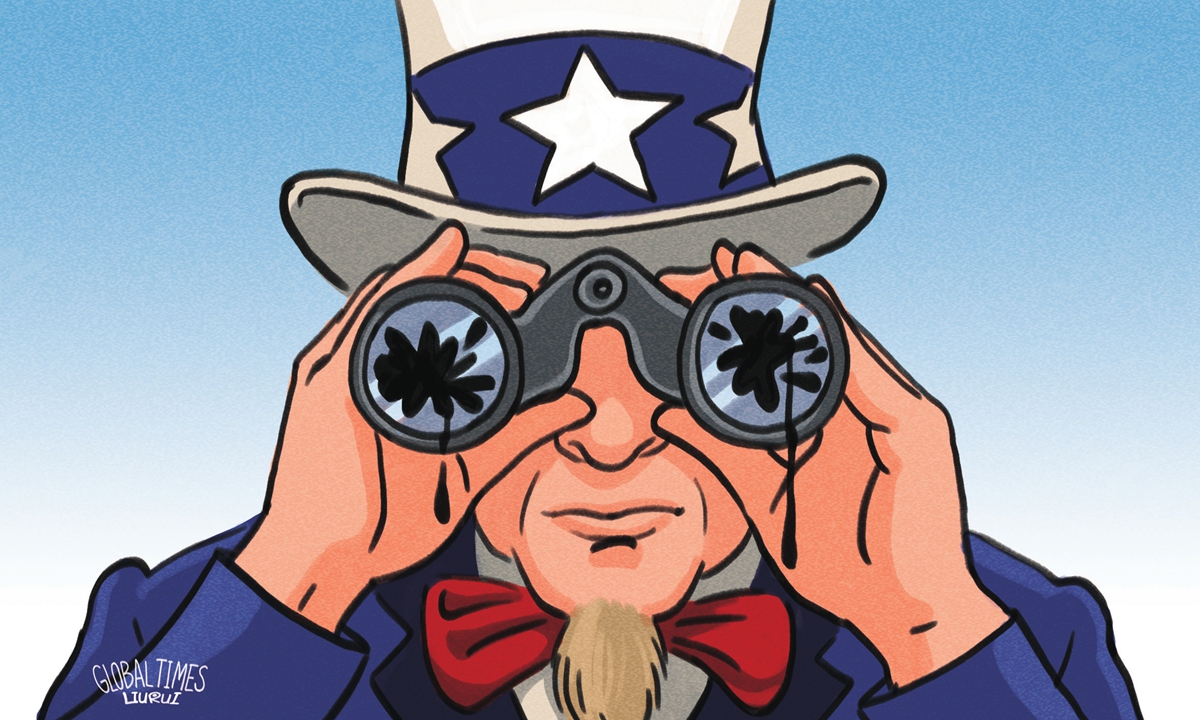
William Jones: Fallacies form US strategic thinking about China
Over the last year or so, US political debates have experienced a "sea change" in thinking with regard to China. Some attribute this to the election of Donald Trump, a political "outsider" who beat the odds and was elected president of the US. And, indeed, Trump wanted to change the direction of policy in Washington.
2020-09-28 -
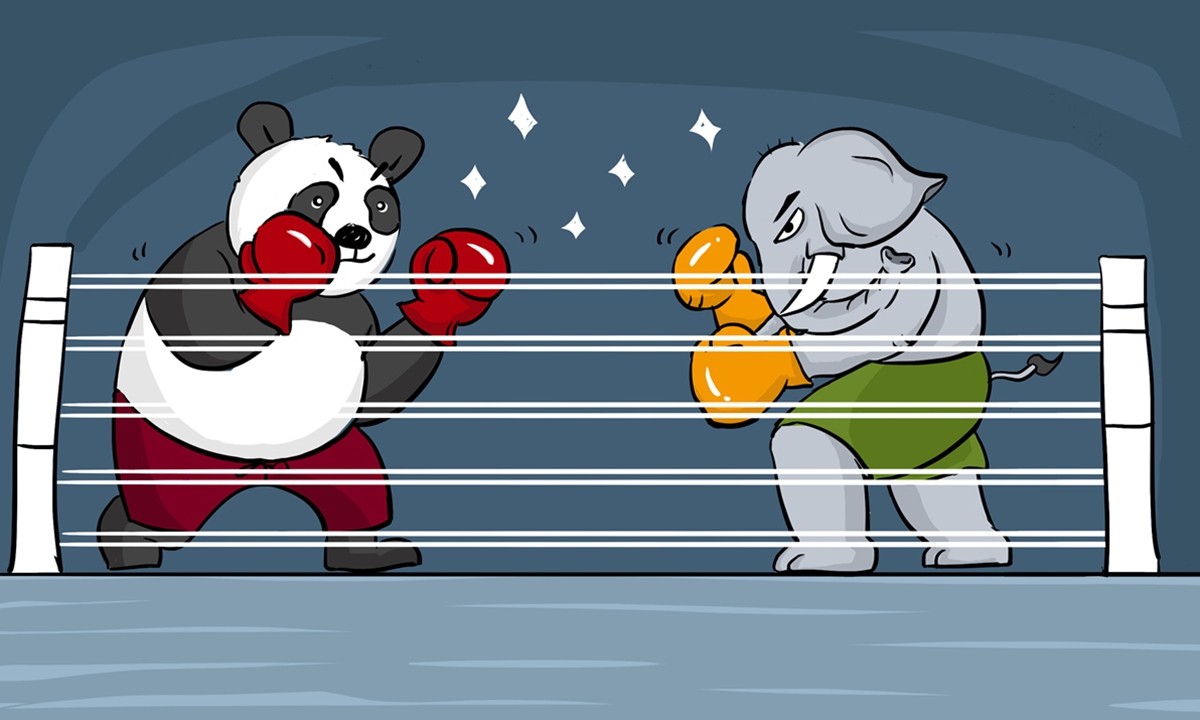
Liu Zongyi: Time for China to toughen up on insincere India
Will India fire the first shot? The possibility cannot be ruled out. The Indian military, or some of its forces, are influenced by nationalist sentiment and the right-wing Hindu nationalist organization Rashtriya Swayamsevak Sangh, which pervade all facets of Indian society. It may be true that some people want to provoke a war.
2020-09-27 -
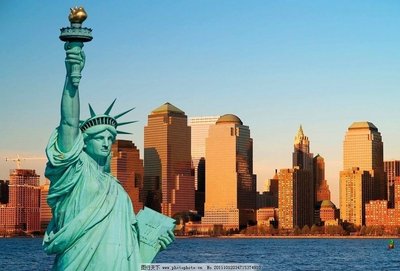
Zhou Li :Some US politicians deviated from human rights in order to be re-elected.
The author Zhou Li is the former deputy minister of the International Department of the Central Committee of the Communist Party of China, a senior researcher at the Chongyang Institute for Financial Studies,Renmin University of China, and the director of the Sino-Russian Humanities Exchange Research Center. Following is his Speaking at the level video conference. The article is an exclusive first.
2020-09-27 -
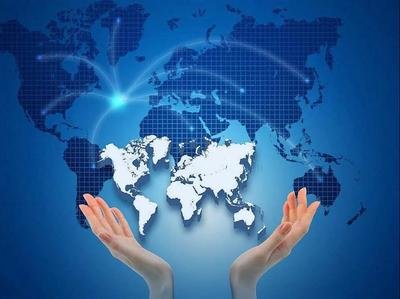
Wang Yiwei:Handling pandemic-related public diplomacy and building a community with a shared future for mankind
The outbreak of COVID-19 has rapidly escalated into a global public health crisis. In the fight against the pandemic, China has stood behind the idea of a community with a shared future for mankind by quickly sharing information with the WHO and the international community in an open, transparent and responsible manner. China has worked to respond to the concerns of all parties, strengthen international cooperation and endeavored to curb the global spread of the pandemic. These actions have been widely praised by the international community.
2020-09-25 -

Vijay Prashad: Medical workers of conviction: Speaking to Cuban doctors who heal the world
In 2004, Dr. José Armando Arronte Villamarín was posted to head a Cuban medical brigade in Namibia. Cuban medical personnel first came to southwest Africa in 1975 alongside Cuban soldiers; the soldiers had arrived there to assist the South West African People’s Organization (SWAPO) in the fight for the liberation of Namibia from the apartheid South African military. Dr. Arronte Villamarín, a friendly man with a glint in his eye, tells me how much he has enjoyed his work, not only during his time in Namibia, which lasted till 2007, but also—strikingly—in the United States of America.
2020-09-24 -

Wang Wen: Promoting the construction of a community with a shared future for mankind
It is safe to say that in the post-pandemic era, promoting the construction of a community with a shared future for mankind can be a remedy to the deadly impact of the pandemic. The "community with a shared future for mankind", will be the fruit of mankind’s labor, and is the epitome of thought that has developed up to modern times.
2020-09-24 -
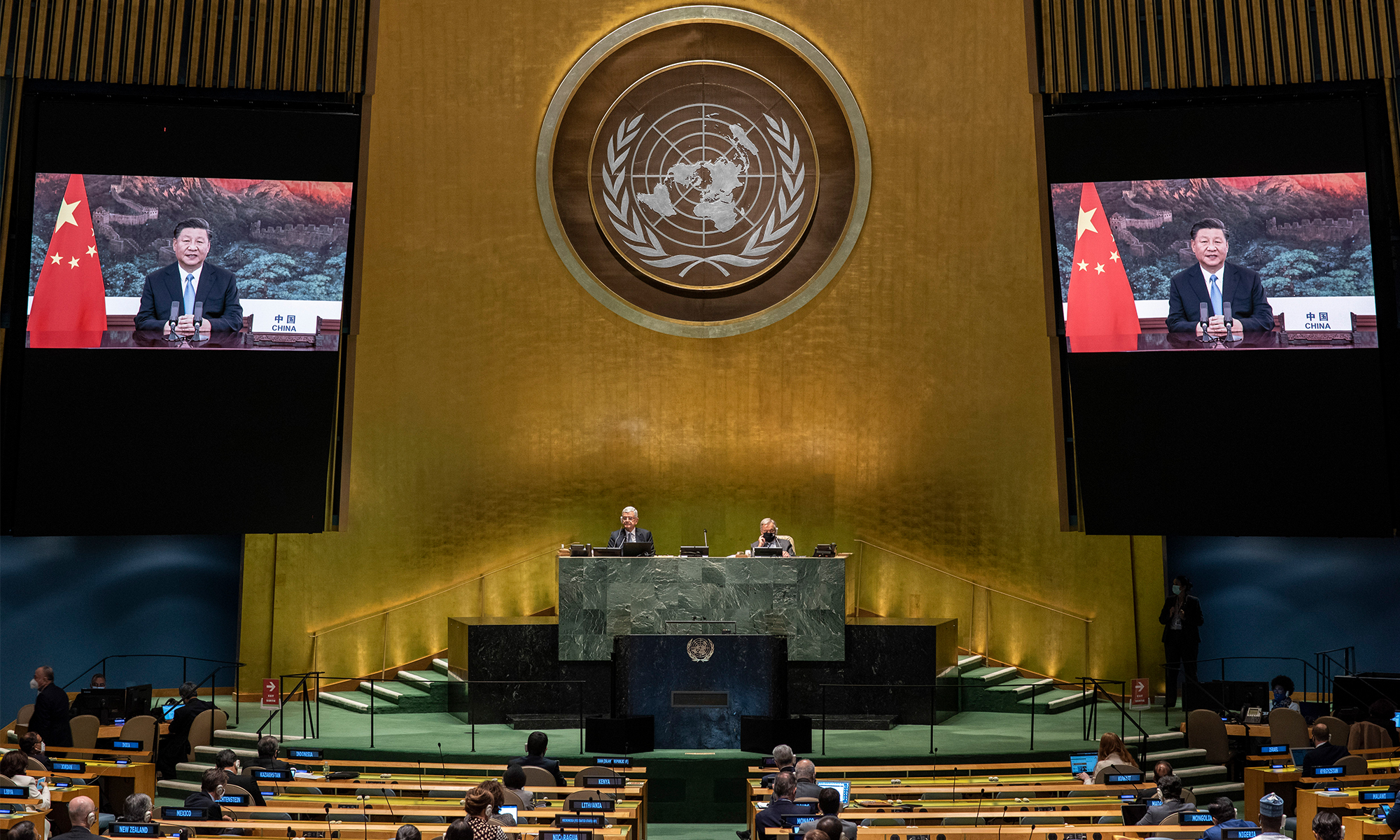
Xi reaffirms COVID-19 pledges at UN assembly
In stark contrast to the US who apparently turned the UN General Assembly - a multilateral dialogue platform--into a battlefield to attack and defame China, China stressed putting people and lives first in battling COVID-19, and that major countries should act like major countries by taking up their due responsibility and live up to people's expectations.
2020-09-23 -
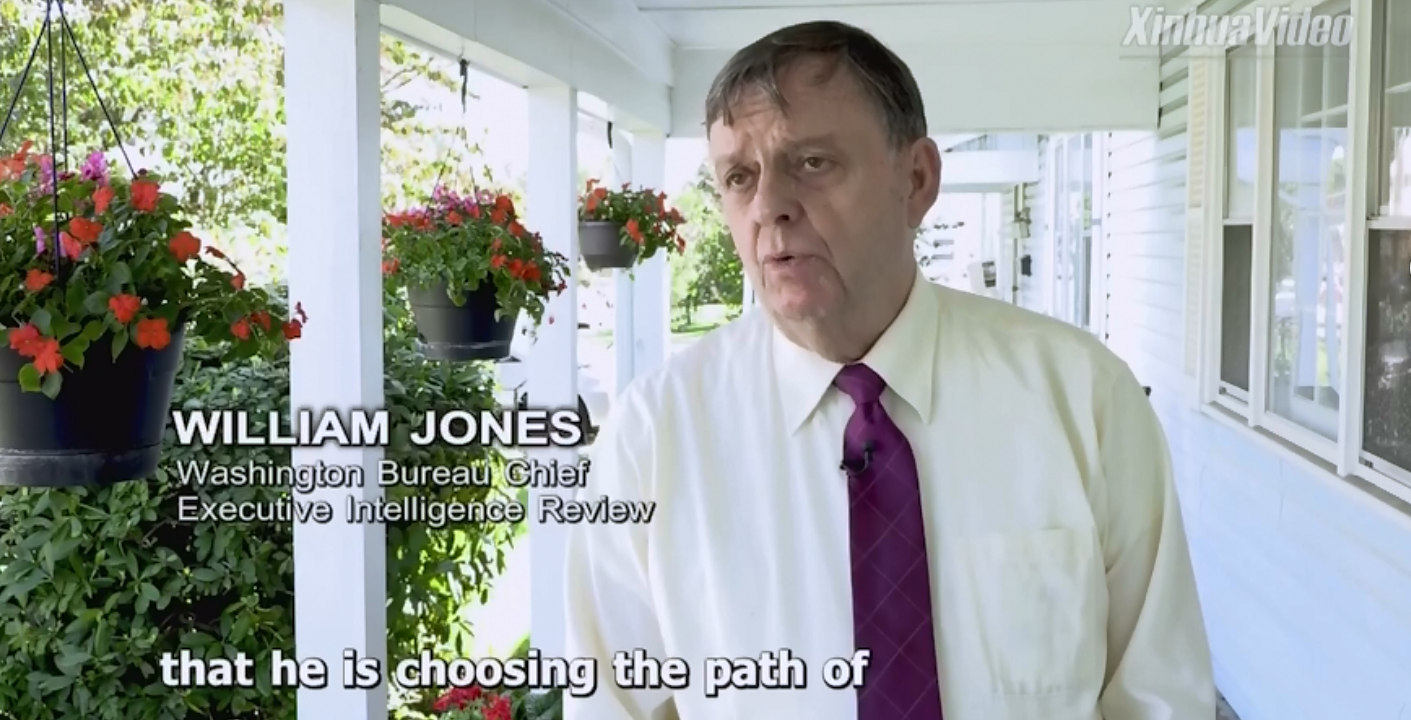
William Jones: President Xi was very clear, he is choosing the path of working multilaterally
President Xi was very clear, however that he is choosing the path of working multilaterally, working with other countries,treating each country as equals, which is a basis of the United Nations operation.But he did indicate that we are facing a situation that we haven’t seen in 100 years. That has to do with, of course, the pandemic which we haven’t seen in 100 years with so many tensions between major countries, the united nations was created as a forum to resolve tensions between major countries, and it could served that role and should serve that role as we move forward.
2020-09-23 -
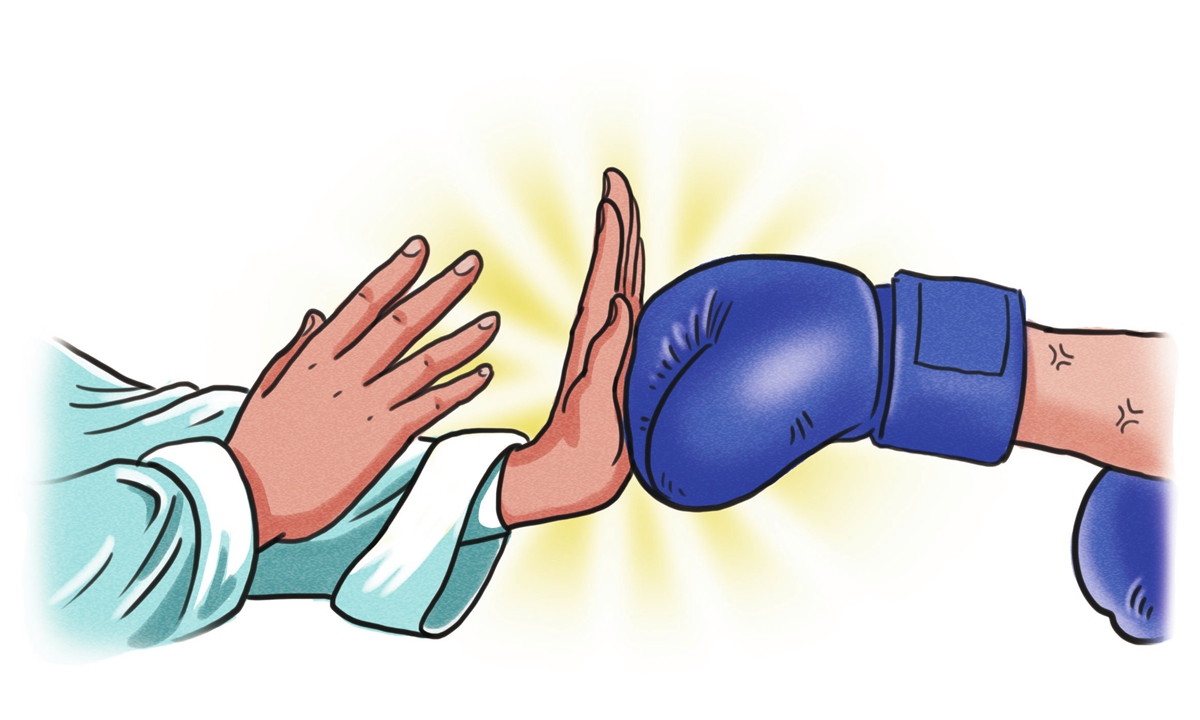
Wang Wen: Tech agreement shows China-US entanglement no longer easy
US President Donald Trump said Saturday that he had approved "in concept" a deal in which Oracle and Walmart would partner with TikTok in the US. This means his previous suppression of TikTok has failed. It also means that after Huawei, another Chinese company going global has wisely been able to resolve US hegemonic suppression.
2020-09-22 -
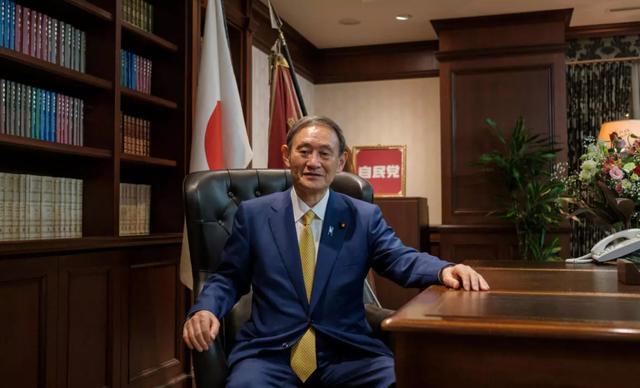
Zhang Jingwei: Facing China’s strength, Japan had to improve its relations. How did China, the United States and Japan in the era of Yoshihide Suga
The result of the”Three Powers” of the President of the Japanese Liberal Democratic Party The furnace was on September 14th. Former Chief Cabinet Secretary Yoshihide Suga defeated former Foreign Minister Kishida Fumio and former Defense Minister Ishiba Shige and became the new president of the Liberal Democratic Party. On September 16, Yoshihide Suga officially became the 99th Prime Minister of Japan.
2020-09-22 -
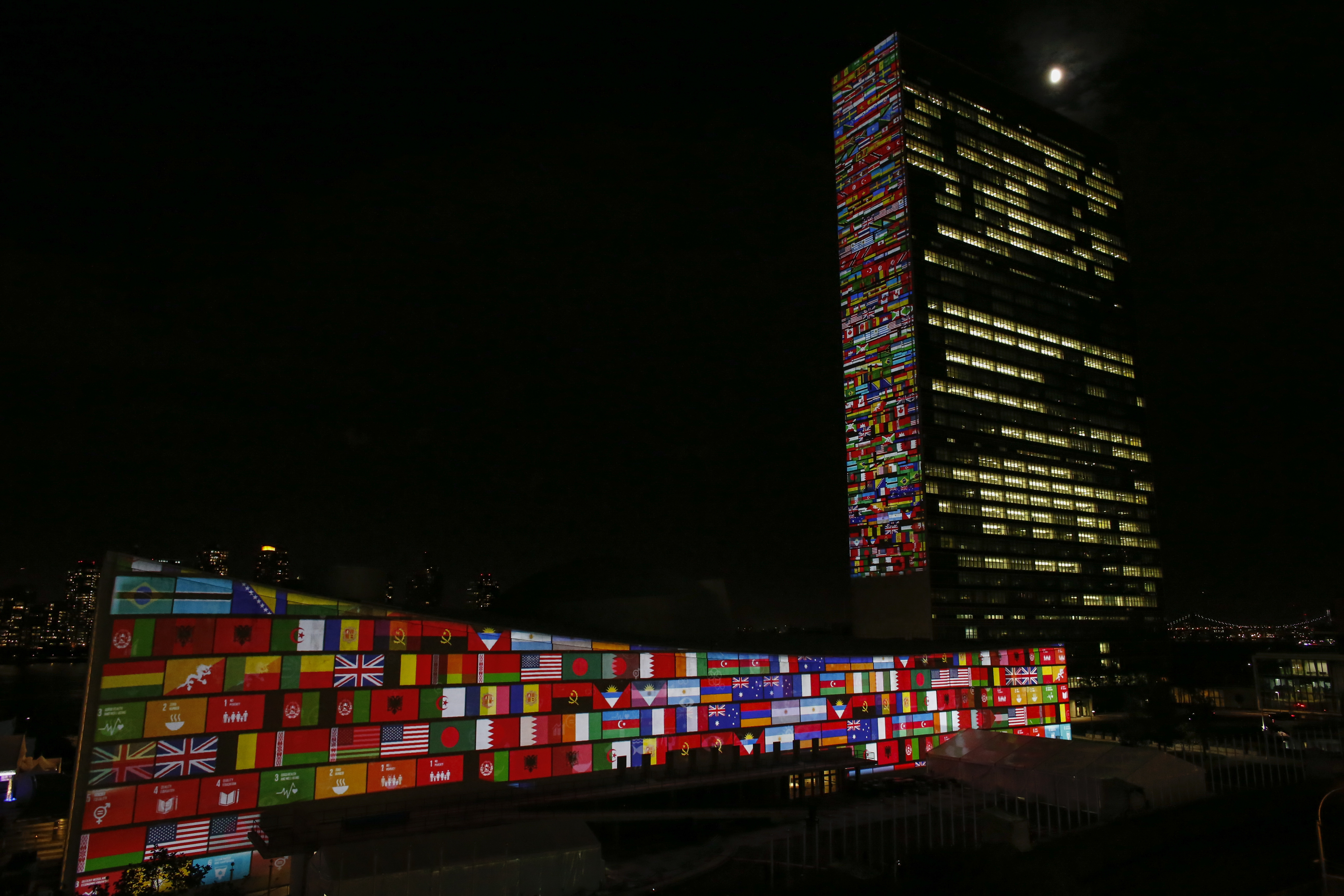
William Jones: UN at 75: Reviving the tradition of Franklin Roosevelt
We are now celebrating the 75th anniversary of the founding of the United Nations in October 1945. But when the representatives of a large portion of the world's nations gathered for its founding in San Francisco, the most important person responsible for the project was not present. President Franklin Delano Roosevelt had died several months earlier, in April, 1945 at the age of 63.
2020-09-21 -
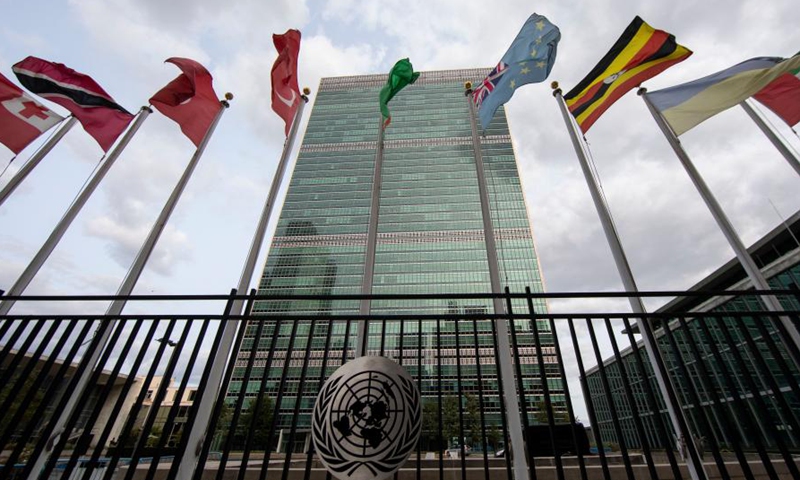
William Jones: UN the ideal place to avoid misunderstandings
It has been 75 years since the founding of the United Nations (UN) in San Francisco in 1945. Perhaps the most important institution to emerge from the devastation of the World War II, the UN was the brainchild of former US president Franklin Roosevelt who really did indeed "hate war." He wanted to create a forum in which nations could gather as equals in order to discuss controversial issues and avoid going to war, but strong enough to take action if there were a threat of war. This was the work Roosevelt hoped to follow up when the war was over.
2020-09-21 -
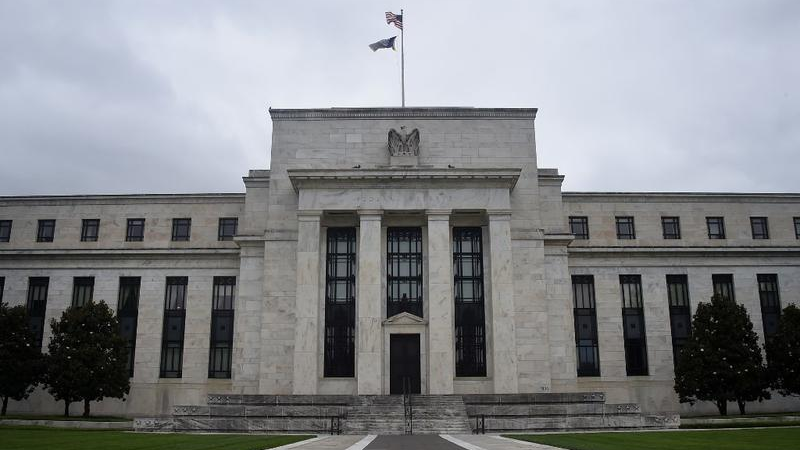
He Weiwen: Any munition left? Fed maintains status quo
The U.S. Federal Open Market Committee (FOMC) released its statement on September 16 after two days of board meeting, which includes, among others, two key points not only for coping with the immediate situation, but also for a medium-term arrangement.
2020-09-18 -
Zhou Rong: Pakistan government needs to be a coordinator in the construction of special economic zones
Zhou Rong, a senior researcher at Chongyang Institute for financial Studies, Renmin University of China(RDCY), said, "on the one hand, Pakistan has paid more and more attention to the well-being of people's livelihood and foreign exchanges, and has carried out close cooperation with many Chinese enterprises. But on the other hand, while attracting foreign investment, Pakistan should pay attention to cultivating the competitiveness of local enterprises, and pay attention to the supply chain and value chain. "
2020-09-18 -

Zhou Rong: Pakistan needs to build more water conservancy facilities to control floods
“I think we need to start from two aspects. The first is to set up an early warning system. The second is to build more water conservancy facilities in areas at high risk of flooding.”
2020-09-17 -
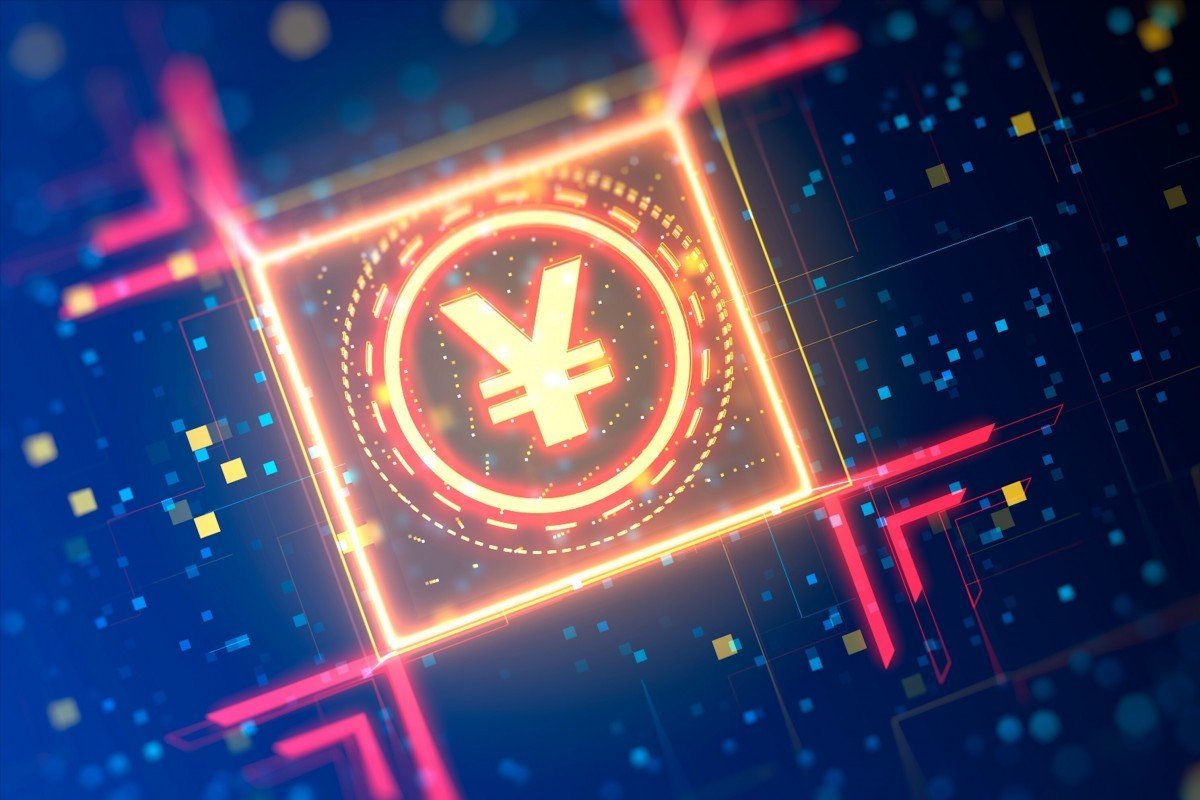
China’s digital sovereign currency tests give it a leg up on global peers
Beijing’s ambition to create a digital yuan used globally underscores its attempts to prepare for the future of the international monetary system amid economic decoupling with the United States.China’s central bank is moving closer to a full roll-out of its sovereign digital currency, with tests having already been conducted in pilot cities, though the formal launch date for the nation’s new digital money remains unknown.
2020-09-16 -
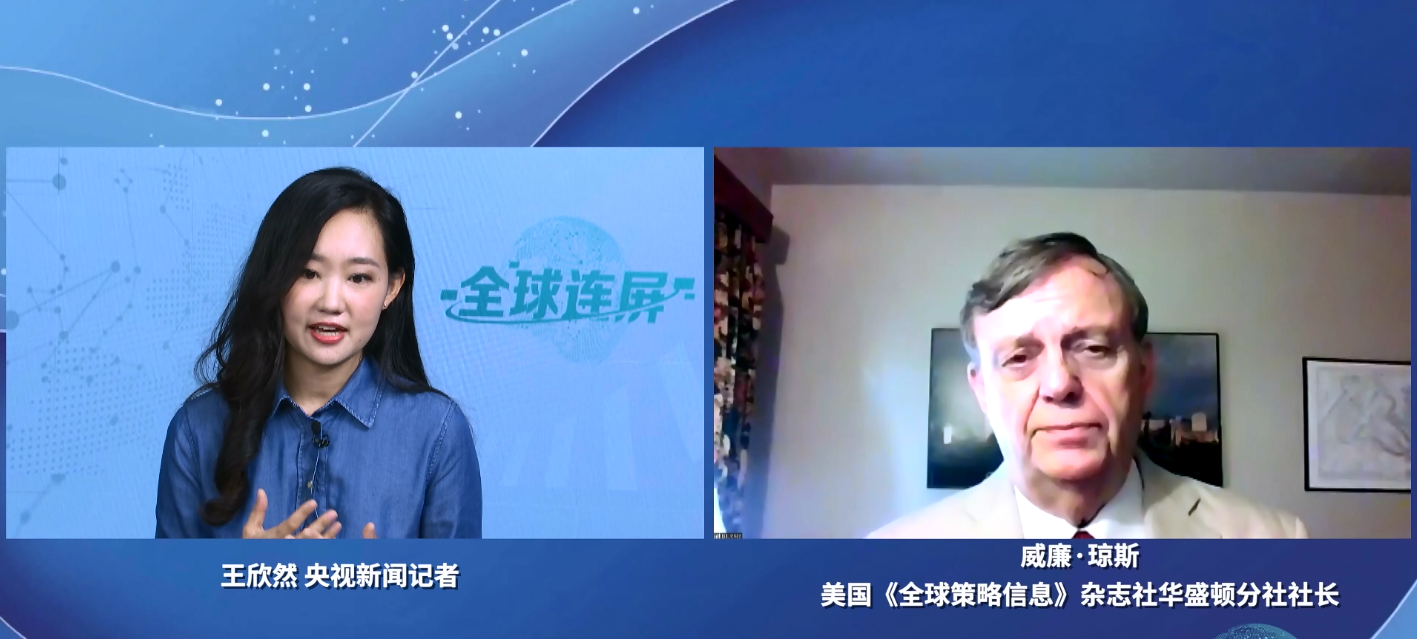
【CCTV】William Jones: The Unite States cannot prevent China from moving forward
Cause the important role China plays in the world economy, has played and will continue play for some time. And China is one of the first countries to be affected by COVID-19, had also the most brilliant performance. In terms of getting back to work, China is really on the forefront.
2020-09-16 -

Liu Zongyi: India hurts itself with border belligerence
Tensions between India and Pakistan have escalated since 2019. After India revoked Jammu and Kashmir's special status in August 2019, New Delhi has been concerned that Islamabad would infiltrate the regions and that more protests and uprisings may emerge there. Therefore, India has imposed coercive policy in the region. It's not surprising to see India open fire on the civilian population. New Delhi suspects that all Pakistanis in the region are so-called terrorists.
2020-09-16 -
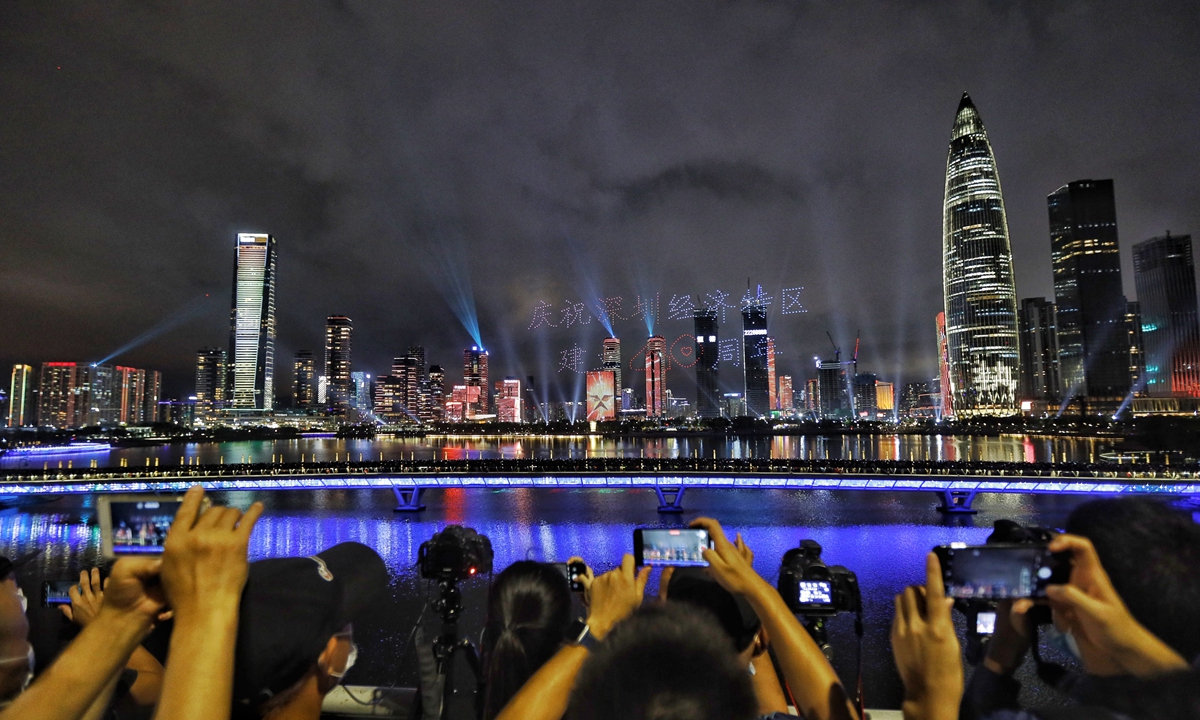
Wang Wen:Story of China’s comeback invigorating
After I finished my research in East China's Fujian Province, a local official of Ningde gave me a book titled Up and out of Poverty, a compilation of Xi Jinping's major works from September 1988 to May 1990 while he worked in the city. Now, Ningde has completely been lifted out of poverty with its GDP per capita exceeding $12,000. It has fostered many enterprises with annual output values of tens of millions of dollars. The streets are clean and lively. At 11 pm, the night market is still bustling with lights and revelry.
2020-09-15 -
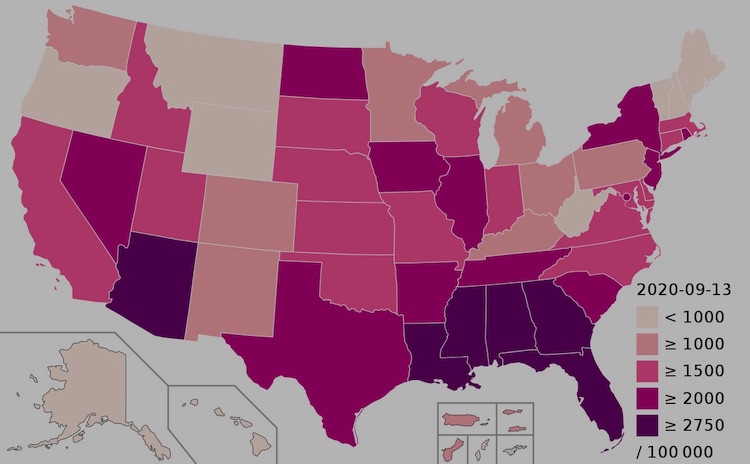
Vijay Prashad and John Ross: COVID-19: U.S. Deaths and Infections Several Times Higher Than Those in China
The United States continues to have the largest total number of cases of COVID-19. The government continues to flounder as the number of cases escalates. Not one state in the country seems immune to the spread of the disease.
2020-09-15
























































































 京公网安备 11010802037854号
京公网安备 11010802037854号





